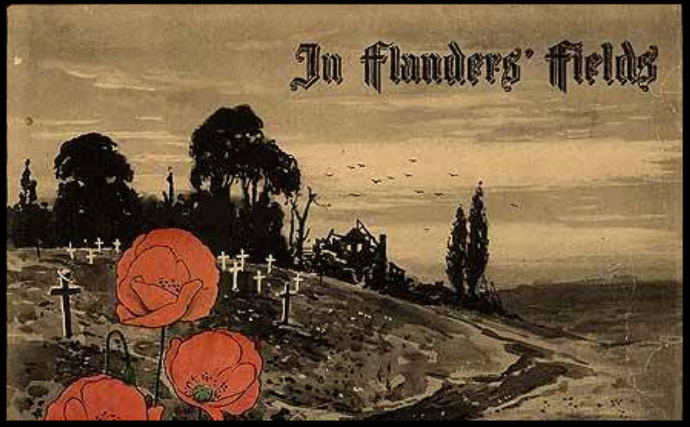Here is Mark Steyn:
I spent much of the morning before Veterans Day in various TV green rooms with a whole lot of vets, and also a young lady whose father died in Iraq in 2006. She is rightly proud of the dad she lost when she was barely old enough to know him, and he would certainly be very proud of the way his young daughter has turned out. But I wonder more and more whether our society is worthy of the terrible sacrifices of so very few.
For Remembrance Day around the Commonwealth and Veterans Day in the United States, we present this piece from 16 years ago — the first November 11th after September 11th (as anthologized in my book The Face Of The Tiger). I can’t precisely pinpoint the moment when “the day that everything changed” changed again and consigned the post-9/11 era to history, to the rear-view mirror of a fast receding past. But this is how it was in those first, vivid weeks of a new war:
On CNN the other day, Larry King asked Tony Blair what it was he had in his buttonhole. It was a poppy — not a real poppy, but a stylized, mass-produced thing of red paper and green plastic that, as the Prime Minister explained, is worn in Britain and other Commonwealth countries in the days before November 11th. They’re sold in the street by aged members of the Royal British Legion to commemorate that moment 83 years ago today, when on the eleventh hour of the eleventh day of the eleventh month the guns fell silent on the battlefields of Europe.
The poppy is an indelible image of that “war to end all wars,” summoned up by a Canadian, Lieutenant-Colonel John McCrae, in a poem written in the trenches in May 1915:
In Flanders fields the poppies blow
Between the crosses, row on row,
That mark our place; and in the sky
The larks, still bravely singing, fly
Scarce heard amid the guns below.Read more: SteynOnline

